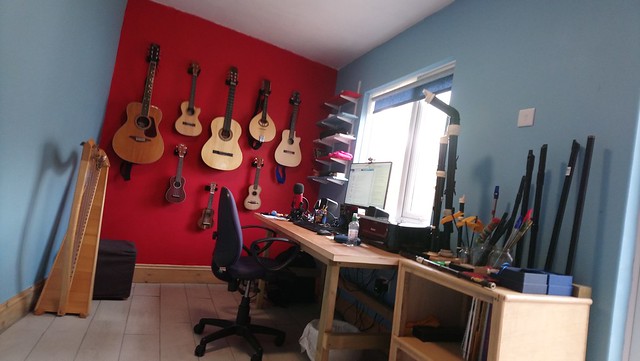Podcast: Play in new window | Download
In this Adventure in Etymology, we are grasping the cash box as we look into the origins of the word cash.

Cash [kæʃ] is:
- Money in the form of notes or bills and coins
- Liquid assets, money that can be traded quickly, as distinct from assets that are invested and cannot be easily exchanged.
- Money.
- A place where money is kept, or where it is deposited and paid out; a money box. (archaic)
It comes from Middle French caisse (money box, chest), from Occitan caissa from Latin capsa (box, case, holder, repository, bookcase), from capiō (to take, capture, seize), from Old Latin kapio, from Proto-Italic *kapjō (to take, seize), from Proto-Indo-European *kapyéti (to be grasping), from *kap- (to seize, grab, hold) [source].
Words from the same roots include case, chase, have, haven, heave, heft and disciple in English, caja (box, case, bank) in Spanish, caisse (box, crate, cash register) in French, hebben (to have, possess, own, hold) in Dutch, and cuach (bowl, goblet) in Irish [source].
Hang on, how is disciple related to cash? Well, it comes from Middle English disciple (disciple), from Old English discipul (disciple, scholar), from Latin discipulus (student, pupil, disciple, scholar), from dis- (asunder, apart) and Proto-Italic *kapelos (one who takes), from *kapiō (to take), from Proto-Indo-European *kapyéti, etc. So a disciple or scholar could be one said to be who ‘takes apart’ ideas, knowledge, etc. [source].
There are many other words for cash and money in English, including brass, bread, dosh, dough, funds, moolah, readies, spondoolicks and wonga – do you know any others? [source].
By the way, this week there is a bonus Adventure in Etymology on my Patreon page.
You can also listen to this podcast on: Apple Podcasts, Amazon Music, TuneIn, Podchaser, Podbay or Podtail and other pod places.
If you would like to support this podcast, you can make a donation via PayPal or Patreon, or contribute to Omniglot in other ways.
Radio Omniglot podcasts are brought to you in association with Blubrry Podcast Hosting, a great place to host your podcasts. Get your first month free with the promo code omniglot.
I also write about words, etymology and other language-related topics on the Omniglot Blog, and I explore etymological connections between Celtic languages on the Celtiadur blog.














